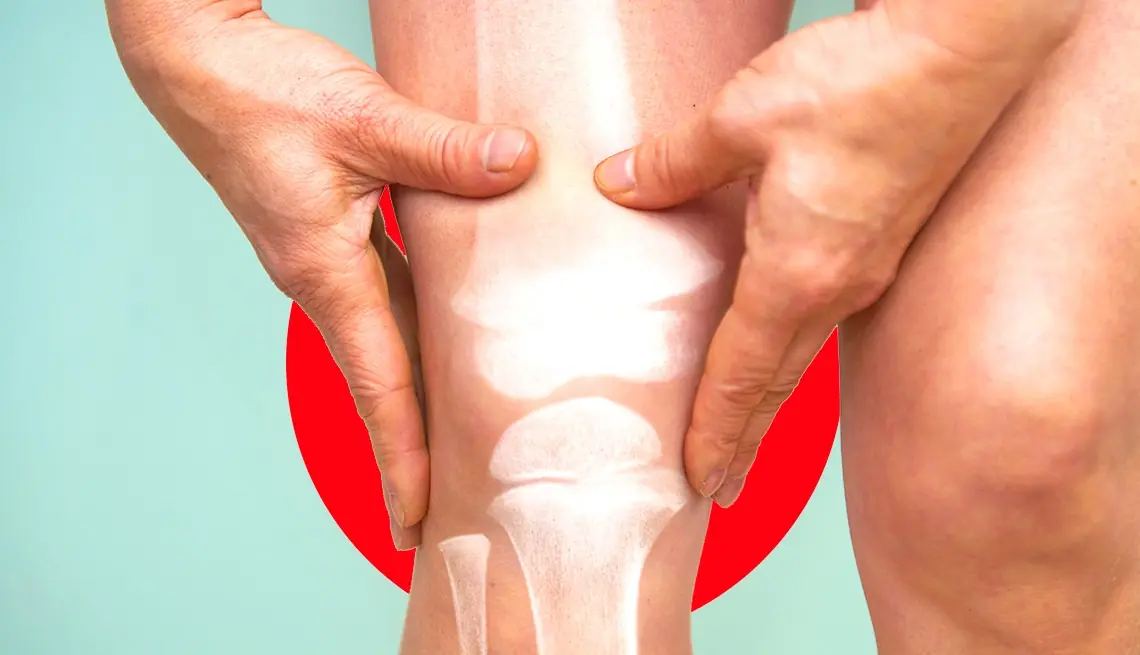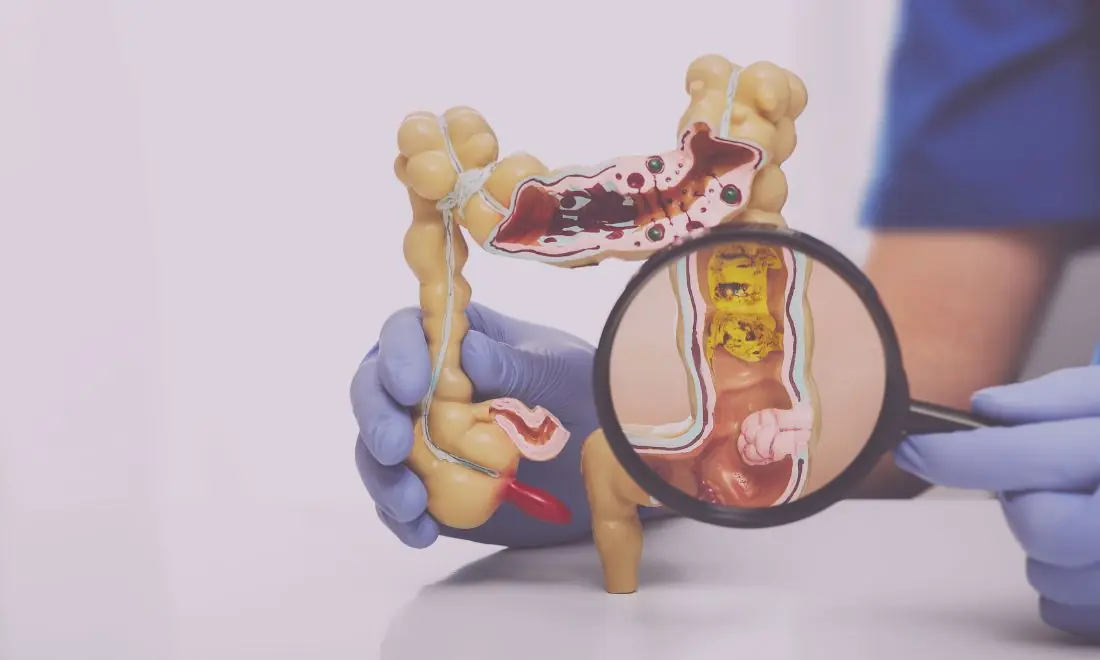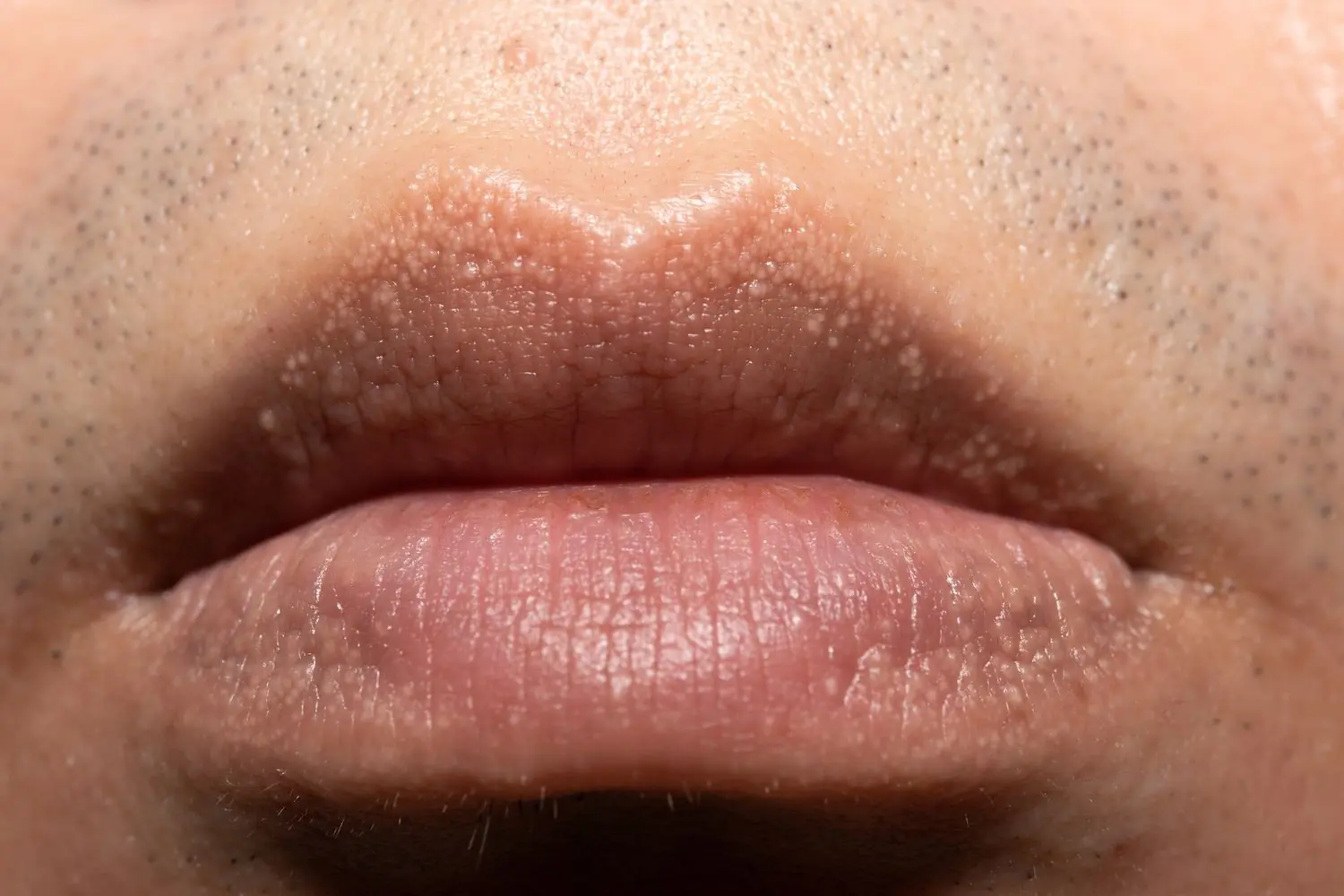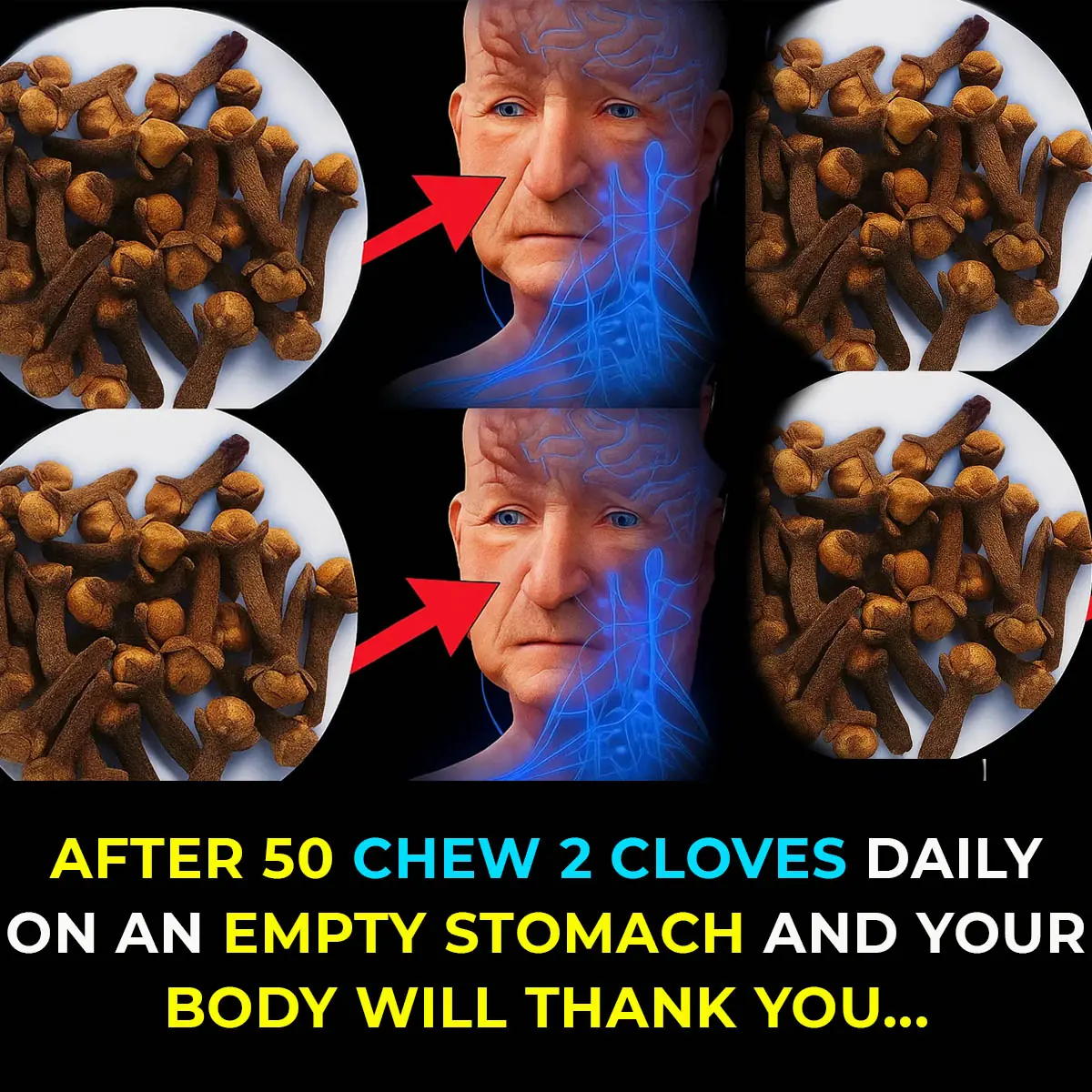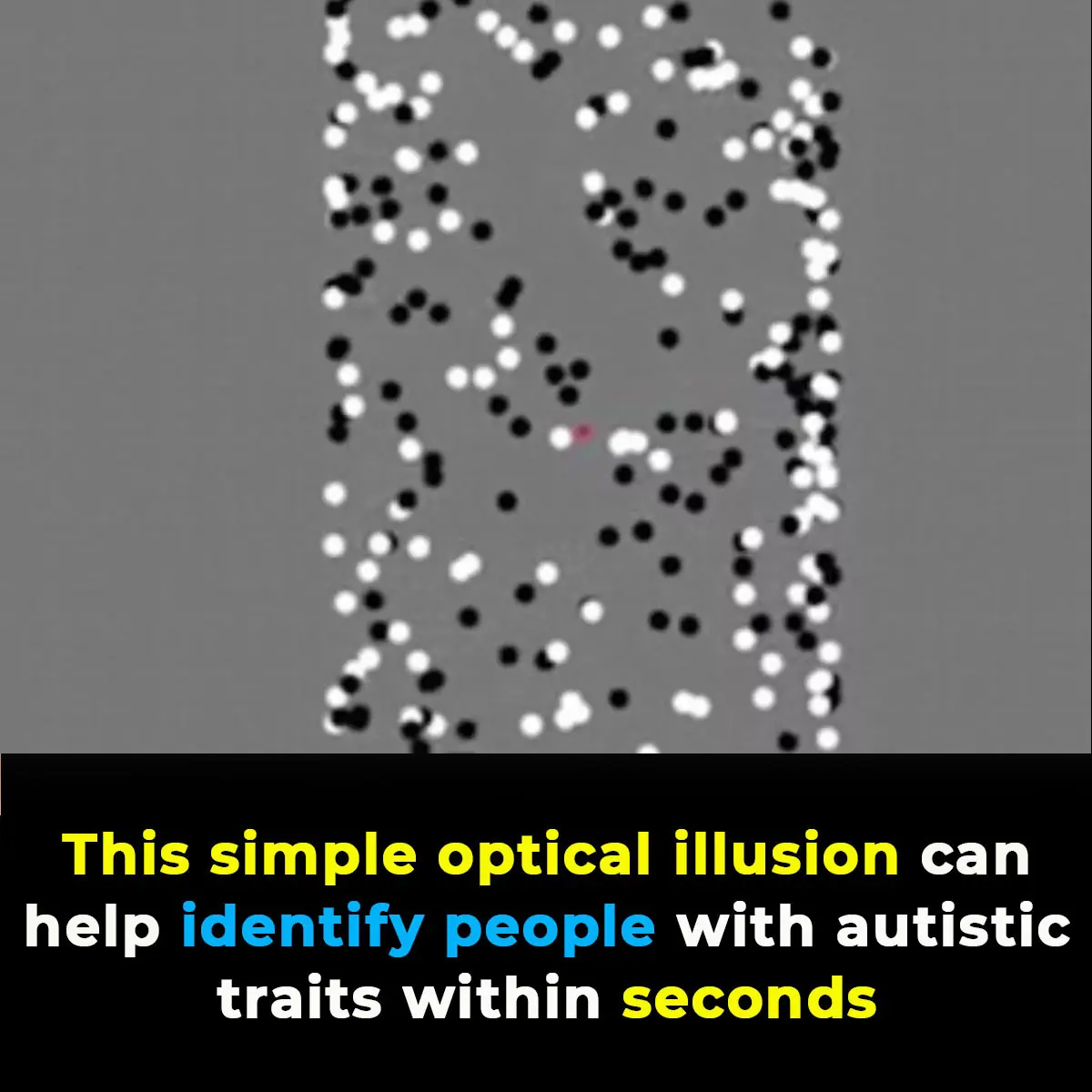Here’s What Really Happens To Your Body If You Drink Diet Soda
Diet soda has long been marketed as a healthier alternative to regular soda—offering the sweet, fizzy satisfaction without the calories. With brands like Diet Coke and Pepsi Zero Sugar gaining popularity, many health-conscious consumers opt for these drinks in an effort to manage weight and cut sugar intake.
But what really happens to your body when you drink diet soda regularly? Let’s dive into the ingredients and the top ten effects it may have on your health.
What’s in Diet Soda?
Diet sodas typically contain:
- Carbonated water
- Artificial sweeteners (like aspartame, sucralose, or saccharin)
- Flavorings
- Acids (e.g., phosphoric acid or citric acid)
- Preservatives
These artificial sweeteners are often hundreds of times sweeter than sugar, enabling manufacturers to use just a small amount to create a sugary taste—without adding calories.
Top 10 Effects of Drinking Diet Soda
1. Impact on Metabolism & Weight Management
Despite being calorie-free, diet soda might not help with weight loss. Some studies suggest it can actually disrupt metabolic signals, tricking your body into expecting sugar and increasing hunger and cravings—especially for high-calorie foods.
2. Effects on Insulin Sensitivity & Blood Sugar
Artificial sweeteners may negatively influence how your body responds to insulin. Some research links diet soda to increased insulin resistance, raising the risk of type 2 diabetes.
3. Influence on Appetite & Cravings
The intense sweetness of diet soda—often sweeter than sugar itself—can shift taste preferences and encourage cravings for more sugary, processed foods. This cycle can undermine the intended calorie reduction.
4. Potential Impact on Heart Health
Some observational studies suggest a connection between regular diet soda intake and increased cardiovascular risk, though the cause is not fully understood. It may involve a combination of sweeteners, acidity, and metabolic effects.
5. Effects on Bone Density
Phosphoric acid, a common ingredient in diet sodas, can interfere with calcium absorption. Long-term consumption may be associated with reduced bone mineral density and a higher risk of osteoporosis, particularly in women.
6. Impact on Dental Health
Even though diet sodas are sugar-free, they are highly acidic. Over time, this can erode tooth enamel, leading to sensitivity, decay, and a higher risk of cavities.
7. Effects on Gut Microbiome
Early studies suggest that artificial sweeteners may alter gut bacteria, potentially affecting digestion, immunity, and even mood. More research is needed, but it’s a growing area of concern.
8. Potential Neurological Effects
Some studies raise questions about long-term effects of artificial sweeteners on brain function. While evidence is still inconclusive, there are concerns about links to migraines, mood changes, or even cognitive decline in heavy consumers.
9. Influence on Kidney Function
Regular diet soda consumption has been associated with decreased kidney function in some long-term studies, possibly due to high phosphorus content and the burden of processing artificial additives.
10. Effects on Hydration
Though diet soda contributes to fluid intake, it lacks electrolytes and contains caffeine, which can be dehydrating in large amounts. It’s not a great substitute for water, especially if consumed in excess.
Conclusion: Should You Keep Drinking Diet Soda?
Diet soda does offer some advantages—namely, zero sugar and zero calories. But the potential downsides, especially with frequent or long-term use, are worth considering.
If you drink it occasionally?
You’re likely fine.
But if it’s a daily habit?
You might want to explore alternatives like:
- Sparkling water with a splash of juice
- Herbal teas
- Infused water (cucumber, lemon, mint)
As always, moderation is key. When it comes to health, replacing sugary soda with diet versions is just a step, not the final solution.

